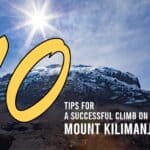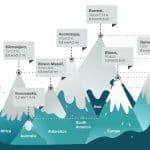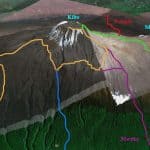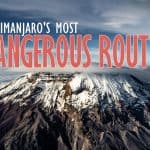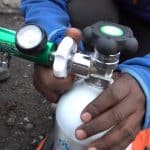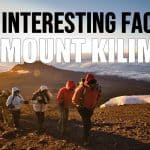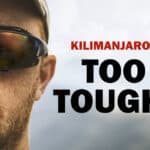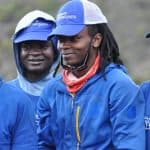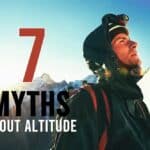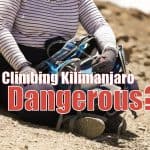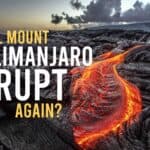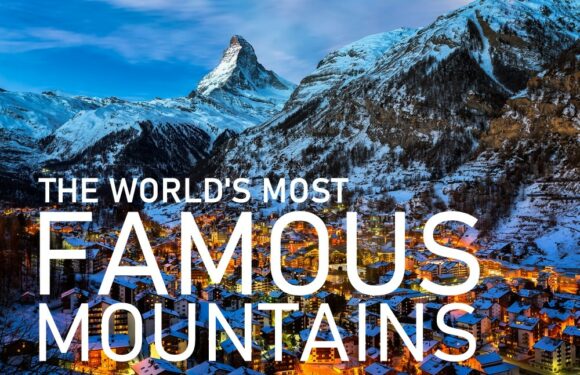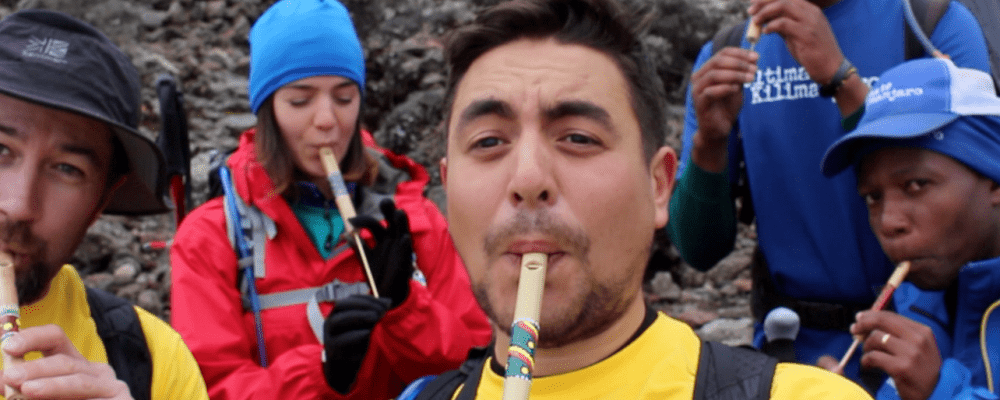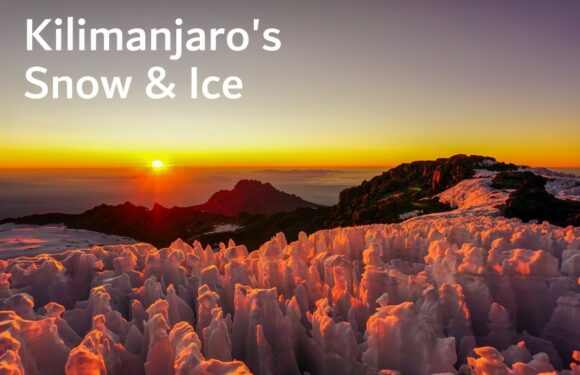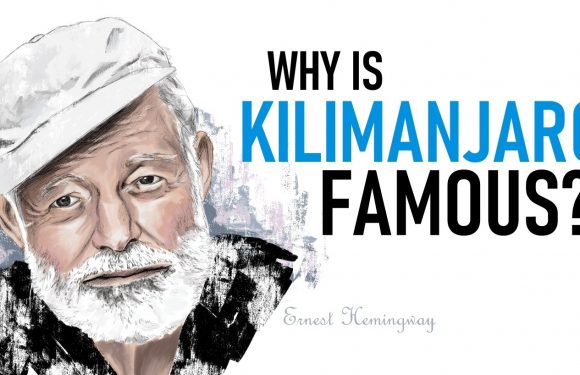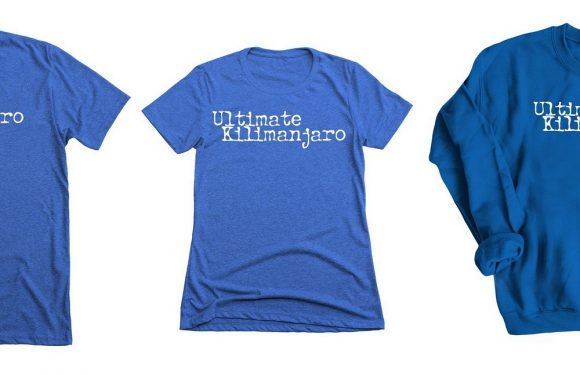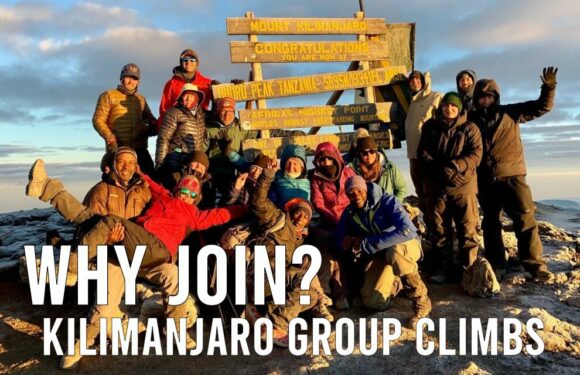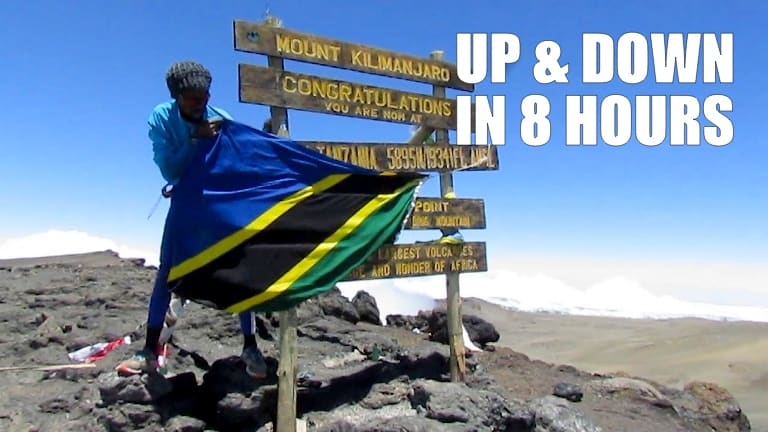
The Challenge of Kilimanjaro
Mount Kilimanjaro, standing at 19,341 feet (5,895 meters) above sea level, is a dormant stratovolcano located in Tanzania. Climbing this iconic mountain is a challenge that attracts thousands of visitors each year.
The climb presents several unique challenges, including altitude sickness, extreme weather conditions, and the ability to hike and recover for consecutive days.
Altitude sickness, also known as acute mountain sickness (AMS), is a common issue faced by climbers on Kilimanjaro. The rapid ascent to high altitudes can cause a range of symptoms, including nausea, headaches, and fatigue. To mitigate the risks of AMS, climbers must follow a gradual ascent profile, allowing their bodies to adjust to the decreasing oxygen levels as they ascend. The typical itinerary to for a Kilimanjaro expedition is five to nine days.
Additionally, Kilimanjaro’s climate varies significantly, with temperatures ranging from hot and humid at the base to freezing cold at the summit. Climbers need to be prepared for these extreme temperature fluctuations and come equipped with the appropriate gear.
The Record-Breaking Climb
Tackling Mount Kilimanjaro, Africa’s highest peak, requires physical endurance, altitude acclimatization and mental fortitude.
In 2017, a 31-year old Tanzanian runner ascended and descended the mountain in just 8 hours 36 minutes. Gaudence Lekule’s climb of Kilimanjaro was not just impressive. It was record-breaking.
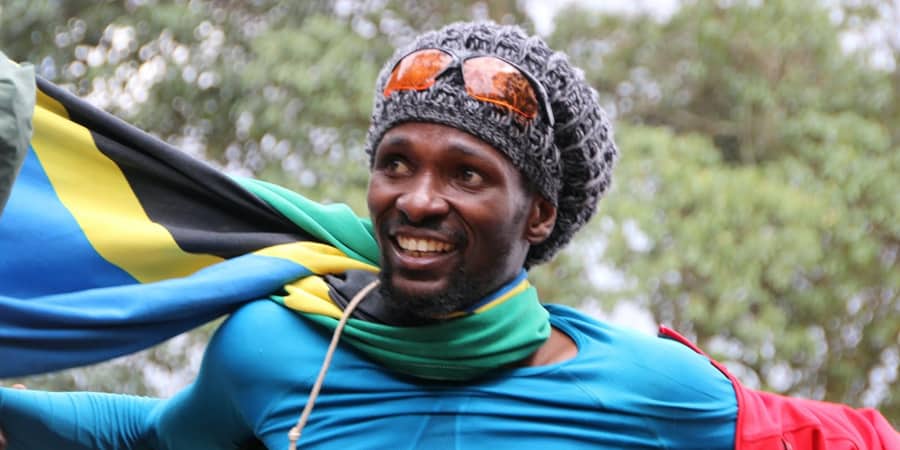
In a trailblazing achievement, Lekule etched his name in history by having the fastest combined ascent and descent by an African. It’s a record he still holds today.
Speed ascents of mountains are possible only by those who are well acclimatized to the altitude, in addition to having elite fitness.
The world record for the fastest combined ascent and descent is held by Karl Egloff, a Swiss-Ecuadorian, who accomplished the feat in an astonishing time – 6 hours 56 minutes and 24 seconds – in 2014.
The Run from Tanga to the Top
In August 2023, Lekule, now 37 years old, made history again with an impressive run from his hometown of Tanga to the summit of Mount Kilimanjaro.
The athlete began on August 21st at Tanga and reached the summit of Kilimanjaro in just 65 hours, covering a distance of 297 miles or 478 kilometers. Lekule stated that he trained for 5 years for his accomplishment.
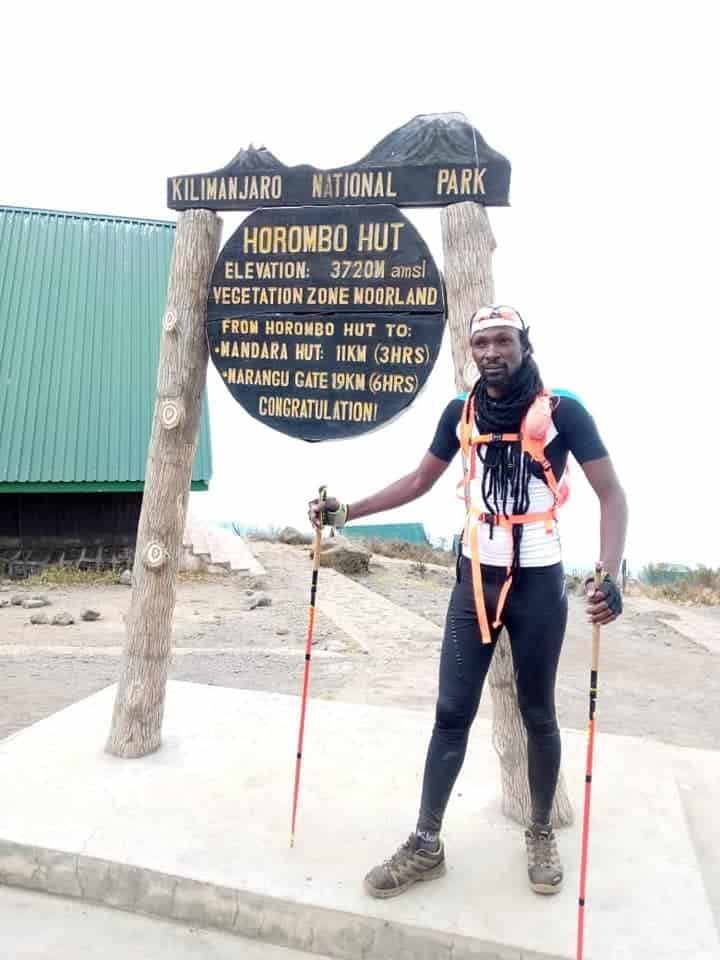
“The goal of this race is to publicize Mount Kilimanjaro and send a message of caring for the environment to all communities living on the coast of East Africa and along the slopes of the Mount Kilimanjaro,” he said.
Leukule stated that he wanted to raise awareness for the mountain’s glaciers, which are disappearing quickly. He noted that environmental degradation beneath the slopes of the mountain, including farming, fisheries, and power production, is partly to blame for what is happening to the mountain’s peak. He asked Tanzanians, especially those who reside on Mount Kilimanjaro’s slopes, to step up conservation efforts.
Breaking New Ground in Tanzania
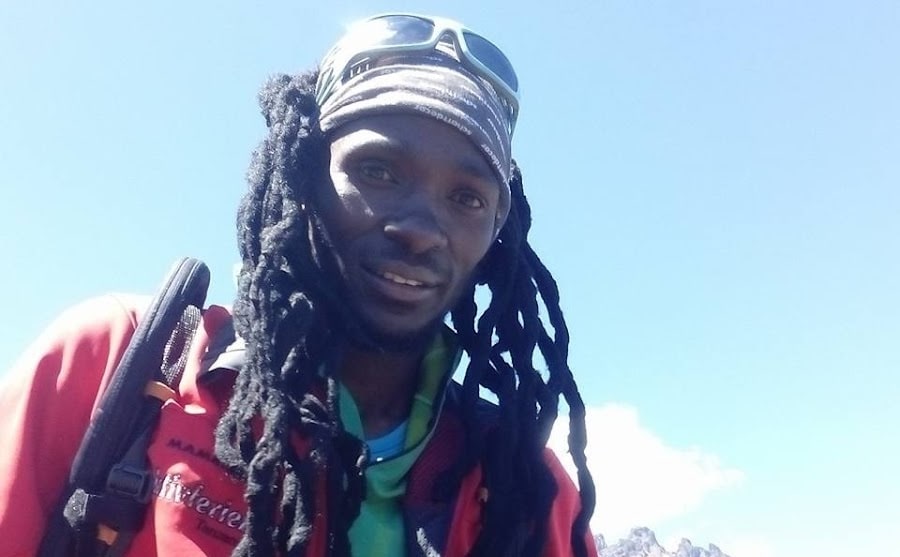
Lekule’s aspirations go beyond personal accomplishments.
“Apart from bringing more prestigious medals to Tanzania, my other ambition is make sure I’m training other talented youths in the country to participate in various events for sustainable sports tourism,” he said.
Born and raised in the shadow of Mount Kilimanjaro, he developed an affinity for the mountains from a young age. He has ventured into cross-country and high-altitude marathons in Europe, broadening his horizons and aiming to inspire the next generation of Tanzanian athletes. He competed in the Oslo and Furumomilla 2018 races as well as a marathan in Switzerland.
He envisions a future where Tanzanian athletes can shine on the global stage, attracting attention to the country’s tourist attractions and fostering sports tourism.





